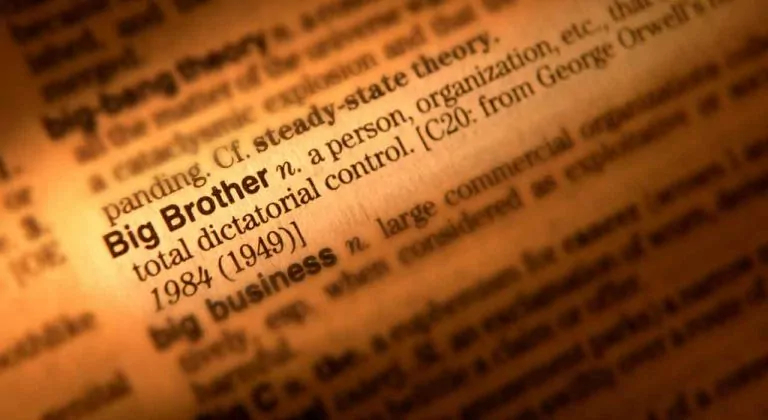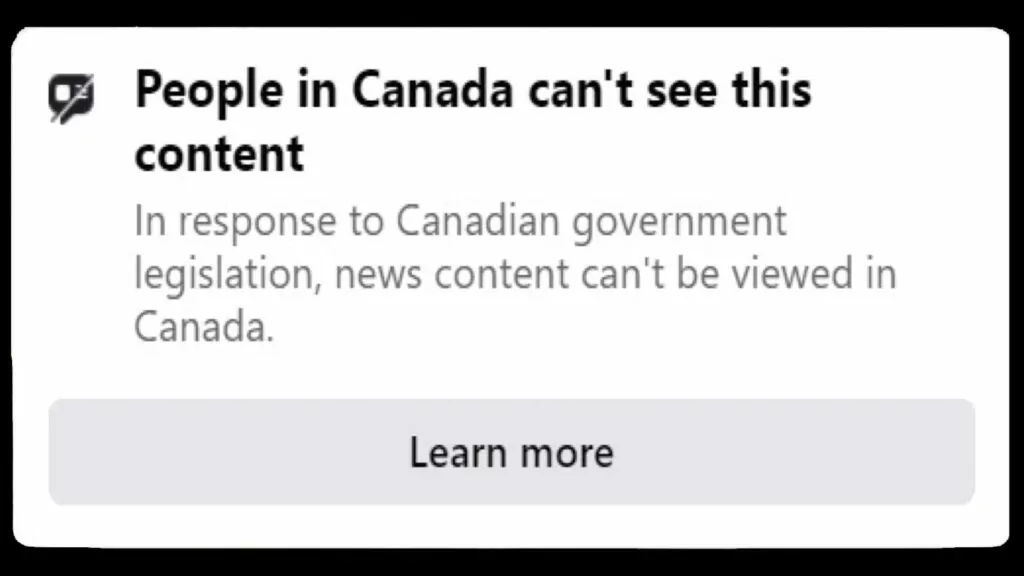Who should get to decide what information you see? And who would you trust with your own personal information? On the other side of the globe one government is taking on the dual role of data collector, and information gatekeeper.
And while it is nowhere near that bad here at home, we do have reason for concern.
Collecting and restricting information in China
We’ve known for some time now that the Chinese government, via its “Great Firewall,” restricts what information its citizens get to see. Social media giants like Facebook and Twitter have been blocked, as are many mainstream media sites like the National Post, New York Times and Wall Street Journal (though Reformed Perspective seems to have slipped past the censors’ notice).
While search giant Google is also banned (as are their Gmail and Youtube properties) it’s being reported that they are now willing to comply with the Chinese government’s restrictions. Google plans:
“to launch a censored version of its search engine in China that will blacklist websites and search terms about human rights, democracy, religion, and peaceful protest.”
The company that once had as its slogan “Don’t be evil” is now siding with the government censor.
In addition to restricting the access its citizens have to information, it’s also being reported that the Chinese government is collecting personal information on its citizens so it can assign everyone a “social credit” rating – a three digit number – that would increase or decrease based on behavior both online and off. That “social credit” rating would then be used to determine what services a citizen would be allowed to receive. If you behave, you can book flights. But if, like journalist Liu Hu, you publish claims critical of the government, you may find yourself ground-bound.
There is some dispute (even among writers appearing in the same magazine) about just how far along China is in developing this social credit system. It is a work in progress with the grand unveiling planned for 2020, even as local experiments are already taking place.
But even in its unfinished state, there is interest from overseas. Venezuela is getting Chinese help to implement their own system and Reuters is reporting the information the Venezuelan government is collecting seems to include not only phone numbers and home addresses but “emails… participation at Socialist Party events and even whether a person owns a pet.”
Closer to home
In the West we are still quite free, but even here the government’s data collection is expanding. And the government also restricts our access to information.
Starting in January, the Canadian government is planning to compel banks to give them the personal banking records of 500,000 citizens. It promises to use the information only to analyze overall trends, and not to look at any individuals. But it is doing so without the individuals’ permission or knowledge.
The same government asked businesses for information as to their position on abortion if they wanted to qualify for funding under the summer jobs program. And they only received the funding if they were pro-choice.
When it comes to restricting information, the Ontario government tried to keep the province’s abortion statistics secret, and it was only a successful 2017 court challenge that made that information available again.
And whereas parental notification and consent is required for school field trips, in Canada and parts of the US abortionists don’t need to tell parents when their underage children are getting an abortion.
More recently, in Alberta the government has passed a bill banning schools from informing a child’s parents that their child has joined a Gay/Straight Alliance club. That’s information that the government has decided parents don’t need to have.
Bigger and bigger
In China, the government manages every aspect of its citizens’ lives, from where they might be allowed to live to how many children a couple is allowed to have. It’s hardly surprising that a government that’s already this intrusive doesn’t recognize any limits on what it can do.
Here in the West, our governments do less than the communist state, but perhaps more than we really realize. A partial list of what we expect from the government shows that in Canada, too, there is hardly an area of our lives untouched by the government. Canadians expect our government to:
- supplement our retirement income
- deliver our mail
- provide us with national radio and TV stations
- provide care for us when we are sick
- ensure there are affordable places to live when we are old
- create summer jobs for our teens
- verify the safety of our food
- build recreation centers and neighborhood playgrounds
- subsidize the creation of professional hockey arenas
- educate our children
- help provide daycare for them before school
- pay for abortion
- provide euthanasia
Some of these responsibilities are small and some are enormous. It’s hardly surprising, then, that Prime Minister Trudeau wants more information and defends his government’s data grab by arguing government decisions need to be based on evidence. Can we really expect a government to mind its own business after we’ve invited it to take on some of the biggest responsibilities in our lives? It would seem our lives are their business.
Backing away from Big Brother
In China the government has taken on the role of Big Brother, dominating all of life…but that’s not how it thinks of itself. Big Brother never thinks of itself as Big Brother – it looks in the mirror and sees a kind benevolent Nanny State whose only concern is the care of its citizens because, well, citizens aren’t really capable of caring for themselves, are they?
In the West we might think ours is still the kind and gentle Nanny State – we are grateful for its provision of free healthcare, and free education. But it is in those two roles – those two enormous roles – that our government is also doing its worst, providing the facilities or funding for the murder of one-quarter of its citizens. And that doesn’t even include the murders it now manages of the elderly!
The Alberta government wants to use its educational role to teach children that the State, not God, is supreme. That’s a recent development, but for years now the government has been teaching our children the very opposite of God’s Truth when it comes to sex, marriage, human worth, the environment, and much more.
So if our Nanny State isn’t already Big Brother, we can certainly see how natural the progression will be.
What can we do about it? This is a massive problem, so there’s any number of fronts on which we can take up this battle. But perhaps a useful first step is to consider the warning Samuel gives in 1 Samuel 8:10-22 against relying on the power of kings. If we demand that someone rule over us, rule they shall, but it’s quite likely they will not rule as we hoped.
When the government directed summer jobs funding to only pro-choice companies, Christians were outraged at the favoritism. But what few considered was, why were we expecting the government to fund summer job creation in the first place? To do it they have to take money from some companies – and doing so limits those companies’ opportunities to create jobs – to give to other companies to fund their summer jobs. From the start, such a program involved the government rewarding some at the expense of others. And when we expect the government to pick winners and losers, why would we be surprised when it decides the winners need to think like they do?
Lord Acton gave a warning that matches up well with Samuel’s: “Power tends to corrupt and absolute power corrupts absolutely.” If we want a less arrogant government, it would help if we started asking for a much smaller one.
This will appear in the November/December issue of the magazine
POSTSCRIPT: A couple of points to ponder
Q1: ARPA Canada and many other Christian groups protested the government’s discriminatory summer job program requirements. If, as this article argues, the government shouldn’t be expected to create summer jobs, was it misguided to protest the discriminatory nature of the program? Shouldn’t the protest have targeted the program itself?
A: When there are two wrongs to right, is it misguided to take them on one at a time? The discriminatory nature of the program was the far more topical issue and the more winnable one. It made good sense to take it on first.
Q2: If we wanted a smaller government, where could we begin? Where could we ask it to do less?
A: Two of the government’s biggest expenditures are healthcare and education. Even if the government continued to fund both why do they need to provide both? If parents directed educational funding to the school of their choice that would put them back in charge of their children’s education. That’s a step in the right direction.











